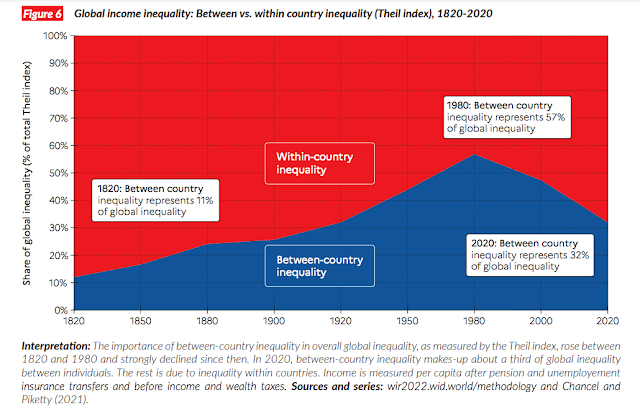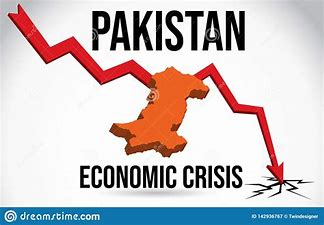Discover how Pakistan should address its mounting debt burden of $73 billion by 2025 through debt restructuring while simultaneously creating a favourable investment climate. Explore the importance of safer investment opportunities, investor-friendly policies, strengthening the rule of law, promoting sectoral growth, and achieving a sustainable financial future.
1. Introduction:
Pakistan’s financial landscape faces a significant challenge as it tussles with the repayment of a substantial debt amounting to $73 billion by 2025. The Wall Street Journal’s claim suggests that without debt restructuring, Pakistan may face difficulties meeting these repayment obligations. In this article, we explore the importance of providing safer investment opportunities to Pakistani citizens as a means to relieve the burden of debt and foster economic growth.
2. The Debt Repayment Challenge: Mounting Debt Burden:
Pakistan’s accumulated debt has reached a critical level, demanding urgent attention and effective management. The repayment of $73 billion by 2025 poses a considerable financial strain on the country’s resources.
Need for Debt Restructuring:
Debt restructuring becomes critical to ease the burden and create a sustainable repayment plan. This entails renegotiating terms, extending maturities, and potentially reducing interest rates, allowing Pakistan to manage its obligations more effectively.
3. Creating Safer Investment Opportunities:
Attracting Domestic Investment:
Pakistan can encourage its citizens and overseas Pakistanis to invest within the country by creating a favourable investment climate. This includes implementing investor-friendly policies, reducing bureaucratic hurdles, ensuring transparency, and providing incentives such as tax benefits and restoration privileges.
Strengthening the Rule of Law:
To enhance investor confidence, Pakistan should prioritize the strengthening of its legal framework. This involves protecting property rights, enforcing contracts, and establishing specialized courts or arbitration centres for efficient dispute resolution.
Improving Governance and Stability:
Political stability and effective governance are key drivers for attracting investment. Pakistan should strive for political reforms, stability, and good governance practices to create a facilitative environment for domestic and foreign investors.
Promoting Sectoral Growth:
Identifying and promoting sectors with high growth potential can attract investment and stimulate economic development. Focus areas may include infrastructure, renewable energy, technology, manufacturing, and agriculture, where Pakistan possesses natural advantages.
Investor Education and Support:
Pakistan can establish programs to educate and support potential investors, providing them with the necessary information, guidance, and assistance throughout the investment process. This can help build trust and increase participation in the local investment landscape.
Striking a Balance:
To address the debt repayment challenge and provide safer investment opportunities, Pakistan needs to strike a balance between the two. By restructuring its debt, the country can alleviate immediate financial pressures, allowing resources to be redirected towards creating an environment conducive to investment. Together, providing safer investment opportunities will generate economic growth, enabling Pakistan to meet its debt obligations while enhancing its financial future.
Conclusion:
Pakistan faces the significant task of repaying a substantial debt by 2025, necessitating the exploration of debt restructuring options. However, it is crucial for the country to simultaneously prioritize the creation of safer investment opportunities to boost economic growth and alleviate the burden of debt. By implementing investor-friendly policies, strengthening the rule of law, fostering stability, and promoting growth sectors, Pakistan can create an environment that attracts domestic investment, stimulates economic development, and ensures a more sustainable financial future.
*Read more Investments of Overseas Citizens: Pakistan’s Failure to Protect Them









